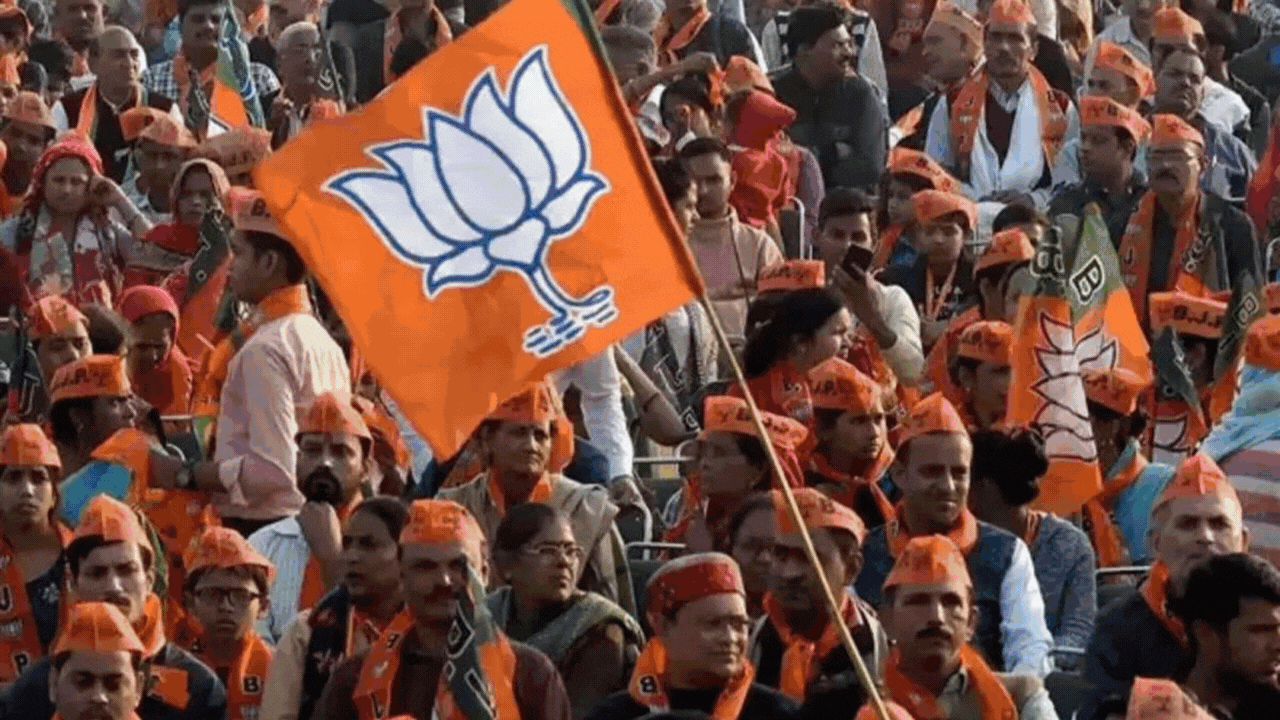The Bihar Political Crisis: Unraveling the Election and Social Media Opinions

The political landscape in Bihar, a state located in eastern India, has been in turmoil recently. The ongoing political crisis has captured the attention of both the national and international media. This blog post aims to provide a comprehensive and detailed analysis of the Bihar election, the political crisis, and the role of social media in shaping public opinion.
Bihar Election: A Brief Overview
The Bihar Legislative Assembly election is held every five years to elect members to the state’s legislative assembly. The most recent election took place in 2020, with the National Democratic Alliance (NDA) emerging victorious. The NDA, led by the Bharatiya Janata Party (BJP) and the Janata Dal (United) (JD(U)), secured a majority of the seats, defeating the opposition coalition, the Mahagathbandhan, which was led by the Rashtriya Janata Dal (RJD) and the Indian National Congress (INC).

The Political Crisis: A Tale of Shifting Alliances
Following the election, the political situation in Bihar took an unexpected turn when the Chief Minister, Nitish Kumar, resigned from his position in August 2024. The resignation came amidst rumors of a rift between the JD(U) and the BJP, with the former allegedly feeling sidelined by the latter.
In a surprising move, Nitish Kumar announced that the JD(U) would be joining the Mahagathbandhan, forming a new government with the RJD and the INC. The decision led to a political crisis in the state, with the BJP claiming that the new alliance was formed through unethical means and by disregarding the mandate of the people.
Social Media: The Battleground for Public Opinion

Social media has played a significant role in shaping public opinion during the Bihar political crisis. Platforms like Twitter, Facebook, and WhatsApp have been used by political parties, leaders, and supporters to share their views and opinions on the ongoing situation.
The social media discourse has been characterized by heated debates, with supporters of both the NDA and the Mahagathbandhan engaging in a war of words. Supporters of the NDA have accused the new government of being formed through undemocratic means, while the Mahagathbandhan supporters have defended the move, stating that it was necessary to protect the interests of the people of Bihar.
The role of social media influencers and regional news channels in shaping public opinion cannot be ignored. Many influencers have used their platforms to share their views on the crisis, often taking a partisan stance. Regional news channels have also played a role in the dissemination of information, with some accused of biased reporting.
Conclusion
The Bihar political crisis has highlighted the complexities of the state’s political landscape. The shifting alliances and the role of social media in shaping public opinion have added new dimensions to the ongoing saga. It remains to be seen how the situation will evolve in the coming months and what impact it will have on the state’s political future.






